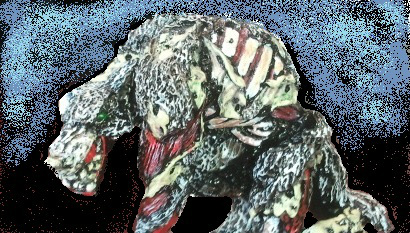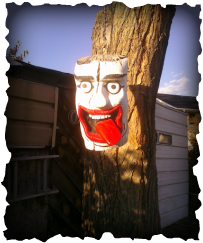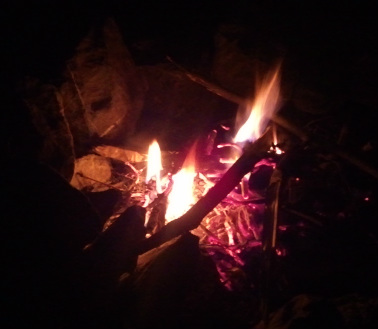I’ve ran table-top role-playing games for over 16 years now. I’ve ran games such as Advanced Dungeons & Dragons 2nd ed, Dungeons and Dragons 3rd ed, Deadlands (Weird West and Hell on Earth), Vampire, Star Wars, Legend of the Five Rings, Pathfinder, and many more. Throughout my career running these games, I’ve tried at times to incorporate horror into the gameplay. As many times as I’ve tried, I think I’ve failed at successfully scaring or creeping out my players more than I’ve succeeded.
It got me thinking though, what was different about those handful of times that I had my players on edge. What worked in those sessions that failed in others? I think it was atmosphere. I created an atmosphere that pulled my players into the game and made them feel like they were really there.
Two distinct sessions come to mind when I think of the successful horror adventures I’ve ran in the past. The first dealt with the players on an abandoned island. While the crew of the ship worked on fixing damage to the
hull, the players were tasked to scout for supplies. Their searching led them to a ruined wizard’s tower. In the tower, was a demon who hunted the players a la Predator or Alien style. Hitting them one-by-one from the dark. I succeeded in this game due to the fact that I made them feel isolated and alone. I never revealed the creature until the final moment, they only caught glimpses as it moved along the walls. The isolation and fear of the unknown pulled them into the story.
The second session dealt with a small village where people were going missing. The players had to investigate a haunted cottage to find clues that led them to the mayor’s manse. The mayor had kidnapped the townsfolk to
feed his son who was trapped in the basement. The son had turned into a ghoul due to his messing with blasphemous magic. Once again this session worked because of the atmosphere. I made the players believe they were in a small dreary town where the inhabitants were scared to come out after dark. And once again the reveal didn’t happen until the end.
So if dissect these two scenarios and apply them to atmosphere and horror, I think we can agree that fear of the unknown adds to the atmosphere. Apply this to your writing. Don’t reveal your big baddie too soon if
you are trying to maintain suspense. Also, use the setting to add to the atmosphere. Isolation works great, dark and dreary works great. But you need more than just setting to pull it off. Add character to your setting by instilling that sense of fear or dread into your town, city, village, house, etc. Little things can help pull off the big
picture.



 RSS Feed
RSS Feed